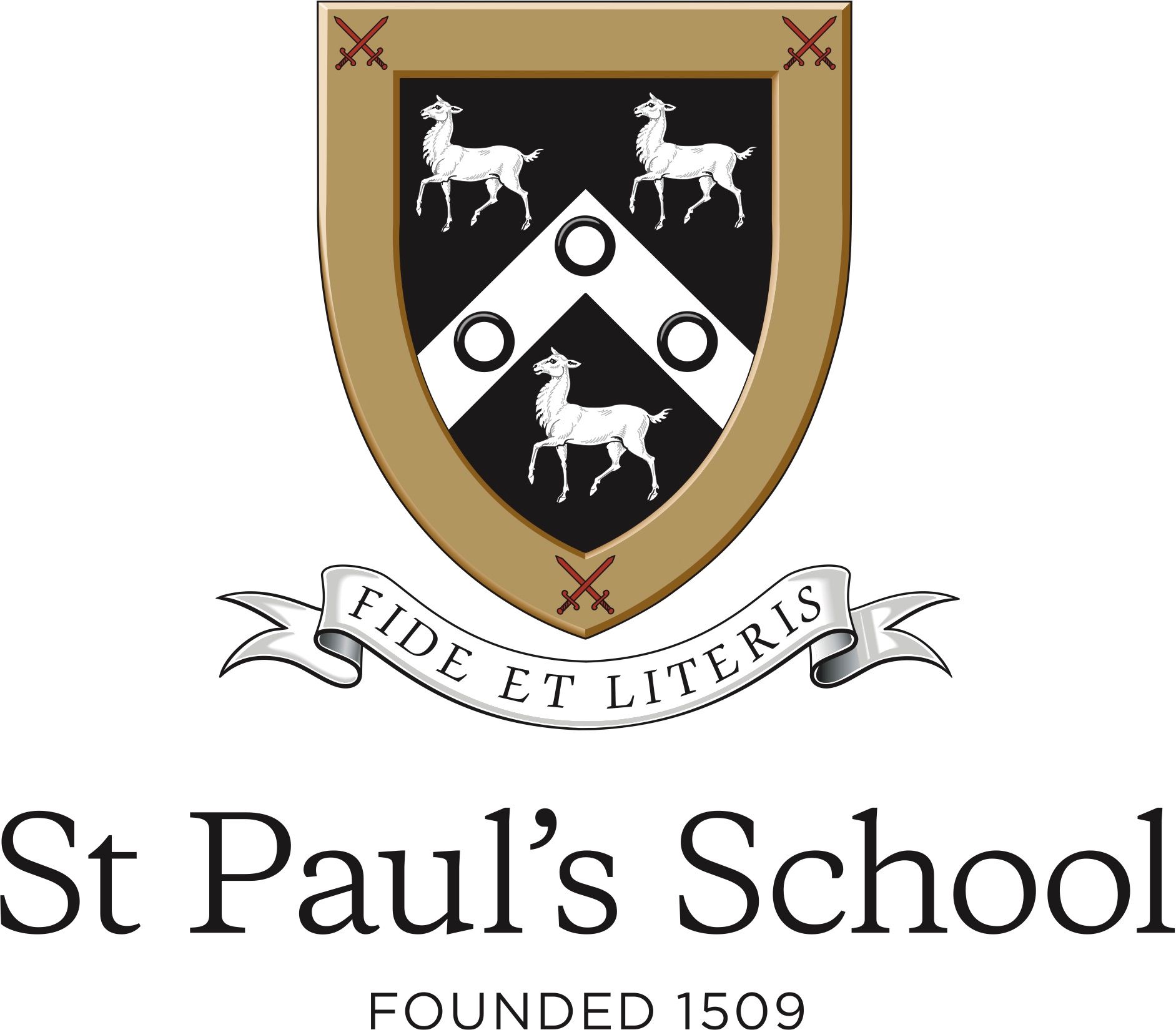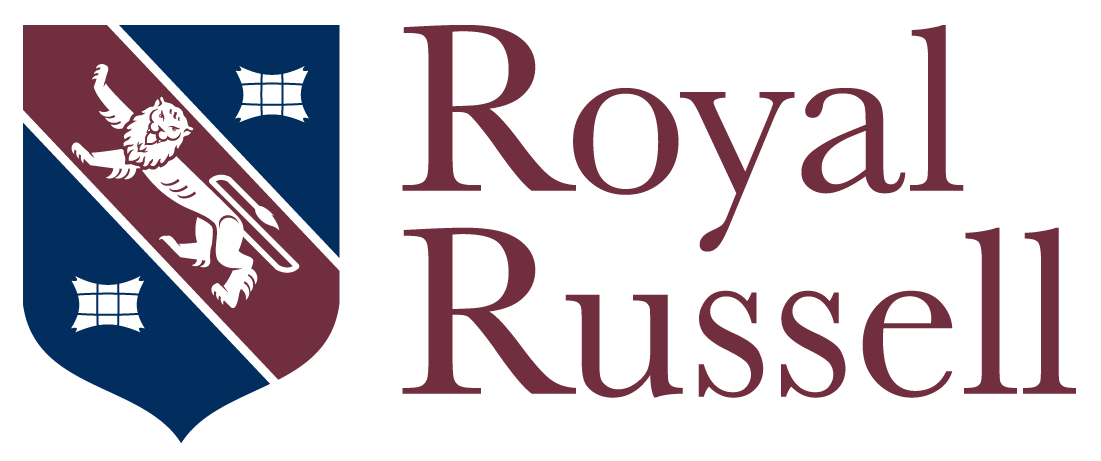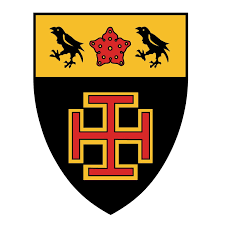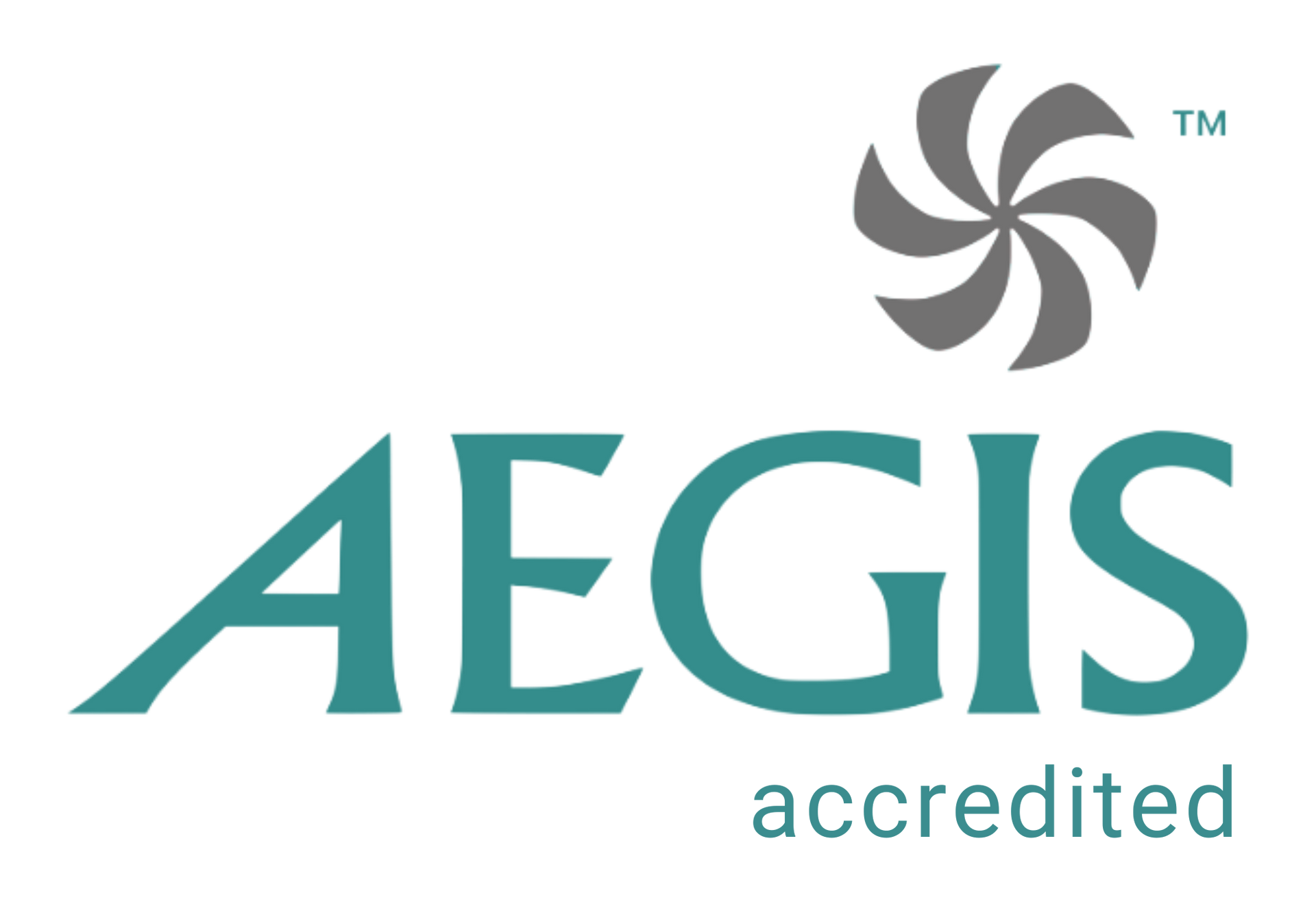13 Plus Exam (13+exam)
What is 13 Plus Exam (13+ Exam)?
Grammar schools and independent schools have historically maintained rigorous selectivity, admitting primarily the most academically gifted students. The 13 Plus Exam (13+ Exam) is generally seen as a second opportunity to secure admission to a grammar school and is available in specific UK regions. Students can take the 13 Plus Exam (13+ Exam) in Year 7 or Year 8. Since it occurs after the 11 Plus Exam (11+ Exam), students benefit from additional time for preparation and revising challenging topics. It’s worth noting that the 13 Plus Exam (13+ Exam) is not as widespread as the 11 Plus Exam (11+ Exam) and isn’t universally accepted by all grammar or independent schools.
As the name implies, the 13 Plus Exam (13+ Exam) is typically taken at age 13, during Year 8, and is often referred to as a late transfer test. Its purpose is to determine eligibility for entry into Year 9 at the school.
Unlike the 11 Plus Exam (11+ Exam), participation in the 13 Plus Exam (13+ Exam) requires registration with the school of your choice. Students taking the 13 Plus Exam (13+ Exam) for entry to grammar schools are typically those who previously attempted the 11 Plus Exam (11+ Exam) but did not pass. Students can only choose either the 11 Plus Exam (11+ Exam) or the 13 Plus Exam (13+ Exam) for entry to the same independent school.
Most 13 Plus Exams (13+ Exams) are administered by the Independent Schools Examinations Board (ISEB) through the Common Entrance Exam.
Why are there both the 11 Plus Exam (11+ Exam) and the 13 Plus Exam (13+ Exam)?
The historical reason for the existence of both the 11 Plus Exam (11+ Exam) and the 13 Plus Exam (13+ Exam) is the belief that girls mature earlier than boys. Therefore, girls can enter secondary schools at an earlier age than boys. As a result, most girls' senior schools now accept students starting at age 11, while boys' senior schools typically accept boys at age 13 or admit them to their lower schools at age 11.
What is the difference between the 11 Plus Exam (11+ Exam) and the 13 Plus Exam (13+ Exam)?
Selecting the right senior school and deciding when your child should take entrance exams can be a complex process. If transitioning to a state selective grammar school or moving from a prep school that ends at age 11, the 11+ stage is a natural fit. Independent schools now offer entry flexibility at Year 7 or Year 13, requiring a strategic choice. Exam formats vary widely, including computerized testing, multiple-choice, and written exams. Both the 11+ and 13+ exams assess resilience, adaptability, academic abilities, and potential. Beyond historical gender considerations, the exams differ in content. The 11+ (Year 6) typically covers English, Maths, and Reasoning, while the 13+ (Year 8) includes additional subjects such as history, geography, science, or a second language.
What does 13 Plus Exam (13+exam) look like?
The 13 Plus Exam (13+ Exam) consists of Maths, English, Science, and other Arts and Humanities subjects such as Geography, History, Religious Studies, and a modern European language other than English. Some schools may also include a Science Experiment exam to assess students' academic abilities in Science.
13+ Maths:
For the 13 Plus Exam (13+ Exam), students need to sit three papers in Maths: Calculator, Non-calculator, and Mental Arithmetic. Like other entrance exams, the Maths exam usually tests content beyond the national curriculum. The Mental Arithmetic paper will be delivered via audio.
13+ English:
The 13 Plus Exam (13+ Exam) English test is designed to assess students' reading, comprehension, and writing skills. To demonstrate comprehension, students must read a long passage and answer questions briefly, showing their ability to express their understanding and compose short passages. For the writing test, students need to write grammatically correct paragraphs while conveying their own creative ideas.
13+ Science:
The 13+ Science exam in the UK is part of the admission process for independent schools and assesses a student's scientific knowledge and understanding. Typically taken in Year 8, the exam covers a range of scientific disciplines, including physics, chemistry, and biology. Students may encounter various question formats that test their ability to apply scientific principles and solve problems. The exam aims to evaluate a student's readiness for the science curriculum at the secondary level. Preparation involves reviewing key scientific concepts, conducting experiments, and practicing problem-solving to demonstrate a solid grasp of scientific principles.
13+ Interview:
Several types of questions typically arise in the 13 Plus Exam (13+ Exam) interview. While detailed questions may vary between schools, common topic categories include:
Personal Questions: These usually focus on the student's hobbies, personal interests, and extracurricular activities. Through these questions, students can showcase their personality and confidence, helping the school gain a quick understanding of who they are.
Current Affairs and General Knowledge: This category assesses the student's critical thinking skills and knowledge of contemporary issues. While these questions can be challenging, they provide an opportunity for students to demonstrate their ability to analyze and structure thoughtful responses, particularly using the Point-Evidence-Explain structure.
Academic-Related Questions: These questions test the student's understanding of academic subjects, which may include verbal analysis of a passage or mental maths questions.
How to prepare for the 13 Plus Exam (13+ Exam)?
The 13 Plus Exam (13+ Exam), as an entrance exam to senior school, requires students to perform well both academically and in the interview. Schools look for students with excellent academic records and strong interview skills.
Math Test: Students need a good grasp of their current year’s curriculum as well as some advanced maths knowledge. They should practice numerical skills and problem-solving abilities regularly to improve their performance.
English Test: The focus is on comprehension and story-writing skills. Students should maintain a reading habit and apply solid techniques and vocabulary to their own creative writing. They should also practice logical progression of ideas, use of paragraphs, and crafting powerful and engaging opening and closing lines.
Interviews: Students should prepare answers to common questions and stay informed about current hot topics. Parents or tutors can help students develop a comprehensive approach and maintain a well-structured logical argument. Additionally, learning about interview etiquette will help students stay confident and polite during the interview process.
To familiarize students with the 13 Plus Exam format, it is helpful to conduct several mock exams before the actual test day.
Top UK Private Schools
13 Plus (13+) Exam Days for 2024 Entry

St. Paul's School
13 Plus(13+)

St. Paul's Girls' School(2027 Entry)
13 Plus(13+)

City of London School
13 Plus(13+)

Godolphin and Latymer School(2026 Entry)
13 Plus(13+)

Merchant Taylor's School
(2027 Entry)13 Plus(13+)

Harrow School
(2026 Entry)
13 Plus(13+)

Dulwich College
13 Plus(13+)

HarrodianSchool
13 Plus(13+)

Royal Russel School

James Allen's Girls' School

Sevenoaks
School
(2025 Entry)
13 Plus(13+)







